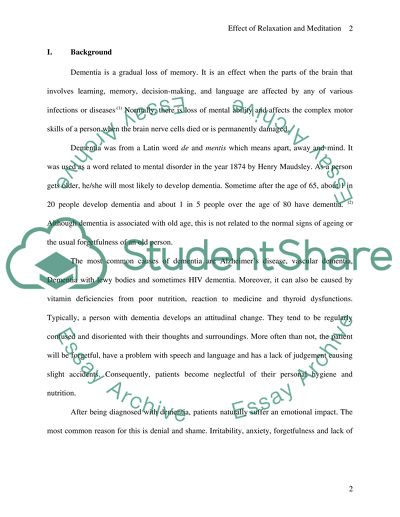Cite this document
(“Effect of Relaxation and Meditation to the Sleeping Patterns of the Term Paper”, n.d.)
Effect of Relaxation and Meditation to the Sleeping Patterns of the Term Paper. Retrieved from https://studentshare.org/health-sciences-medicine/1526759-occupational-therapy-bachelor-essay
Effect of Relaxation and Meditation to the Sleeping Patterns of the Term Paper. Retrieved from https://studentshare.org/health-sciences-medicine/1526759-occupational-therapy-bachelor-essay
(Effect of Relaxation and Meditation to the Sleeping Patterns of the Term Paper)
Effect of Relaxation and Meditation to the Sleeping Patterns of the Term Paper. https://studentshare.org/health-sciences-medicine/1526759-occupational-therapy-bachelor-essay.
Effect of Relaxation and Meditation to the Sleeping Patterns of the Term Paper. https://studentshare.org/health-sciences-medicine/1526759-occupational-therapy-bachelor-essay.
“Effect of Relaxation and Meditation to the Sleeping Patterns of the Term Paper”, n.d. https://studentshare.org/health-sciences-medicine/1526759-occupational-therapy-bachelor-essay.


